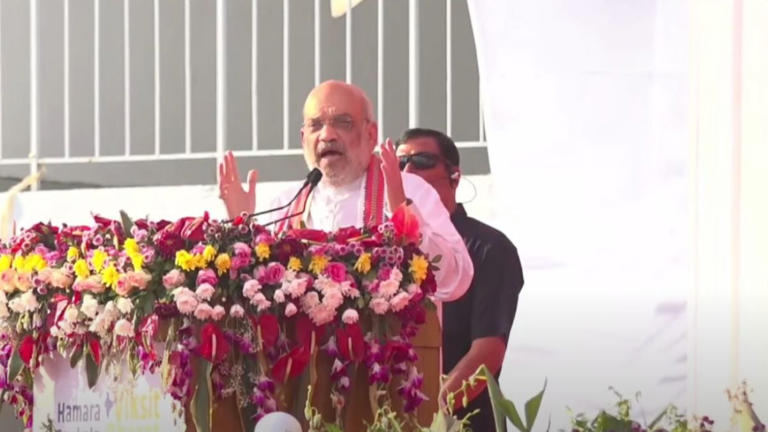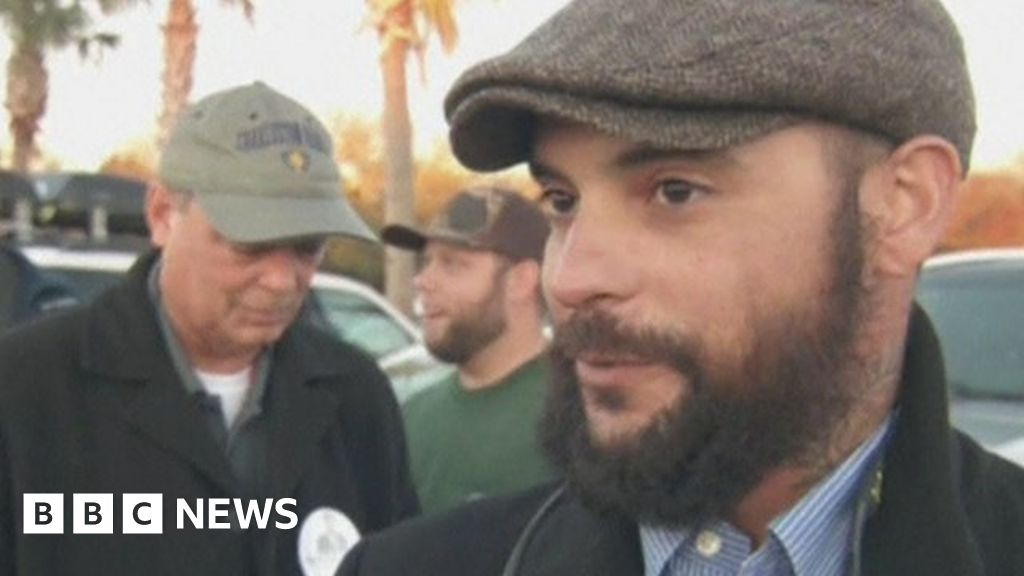


The Waqf (Amendment) Bill, which seeks to centralize government control over Waqf properties, has sparked debate and opposition from minority communities, civil society, and opposition leaders. As the Winter Session of Parliament approaches and the Joint Parliamentary Committee prepares to submit its report, all eyes are on whether TDP leader Chandrababu Naidu and JDU leader Nitish Kumar will support the government or the opposition. Amidst calls for more time for review, Union Home Minister Amit Shah has promised to pass the controversial bill, prompting further controversy and debate.

Khalid Naveed, President of Youth Welfare Mahbubnagar, has called for the Muslim community in India to approach the country's recently introduced criminal laws with an open mind. In particular, the Bharatiya Nagrik Suraksha Sanhita (BNSS) and Bharatiya Sakshya Adhiniyam (BSA) have been met with both hope and fear among the community, who have long been subjected to discrimination in India's legal system. While these new laws have been introduced to address issues like mob lynching and improve the speed and efficiency of the judicial process, there are concerns about implementation and potential for further discrimination. President Naveed has urged for an open and transparent approach to these laws to ensure justice and equality for all, including minority communities.

The Telugu Desam Party's minority cell has expressed concerns over the Waqf Amendment Bill, introduced by the BJP government in the Lok Sabha. Fathullah Mohammad, the general secretary of the cell, has pointed out certain sections of the Bill that are deemed detrimental to the Muslim community. With Muslims forming a significant vote bank for the TDP, Mohammad urges the party to consult with Muslim leaders before supporting the Bill in Parliament. He also elaborates on the concerns and expectations from both the TDP and the NDA.